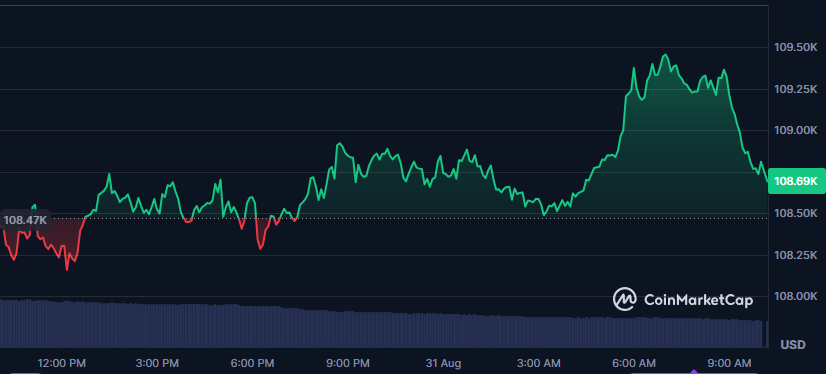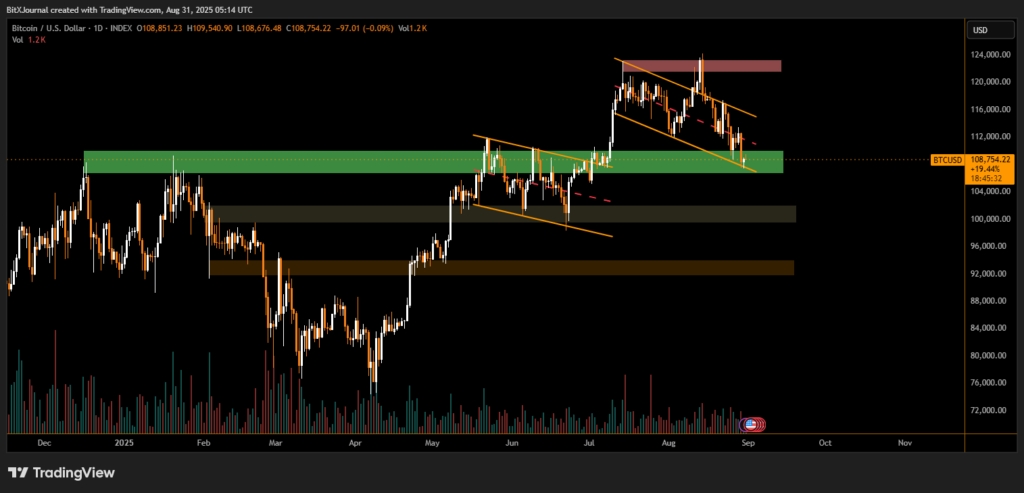Psychological barriers remain the biggest challenge for Bitcoin adoption
Skepticism over Bitcoin’s future growth is likely to persist even if its price soars to unprecedented levels, according to market experts.
Luke Broyles, a Bitcoin adviser, emphasized that doubts surrounding the leading cryptocurrency are not going away anytime soon. “I think Bitcoin will be at $5 million, $10 million or more, and people will still be saying, ‘Yeah, well, it’s 8% of world assets now. It can’t go any higher, right?’” Broyles said during a recent interview.

Bitcoin has faced skepticism at every major price milestone since its inception. Each surge has been met with doubts, and every market correction has fueled predictions of its collapse. Despite these concerns, Bitcoin reached multiple all-time highs in 2025, peaking at $124,100 in July before consolidating around $109,000.

Broyles believes the biggest hurdle isn’t technical but psychological. “Unfortunately, I don’t think a lot of people will make that switch until they see it improve their everyday lives,” he explained. This highlights a key challenge for mass adoption—a lack of understanding and trust in digital assets.
Integration with real-world finance could drive adoption
Broyles suggested that linking Bitcoin with real estate could accelerate adoption more than convincing skeptics to make small investments over time. “Is it harder to convince someone to buy $1,000 of Bitcoin for the next 200 months, or to say, ‘You can refinance your home and convert this equity into Bitcoin’?” he said.
A recent survey underscores this challenge, revealing that 43% of respondents have not used cryptocurrency simply because they are unsure how it works. Experts argue that broader financial integration, combined with education, could reshape the perception of Bitcoin as a speculative asset into a mainstream financial tool.
Disclaimer
This content is for informational purposes only and does not constitute financial, investment, or legal advice. Cryptocurrency trading involves risk and may result in financial loss.
